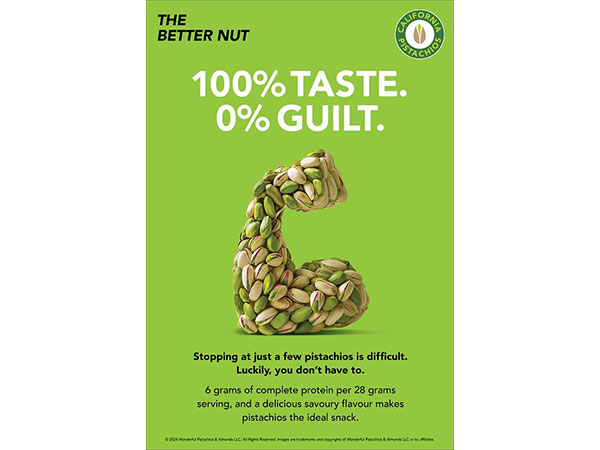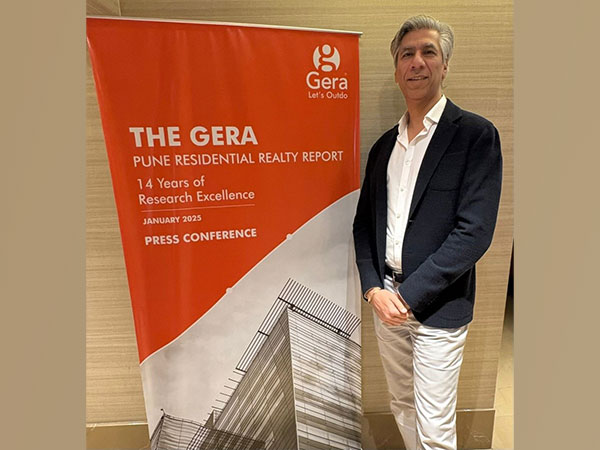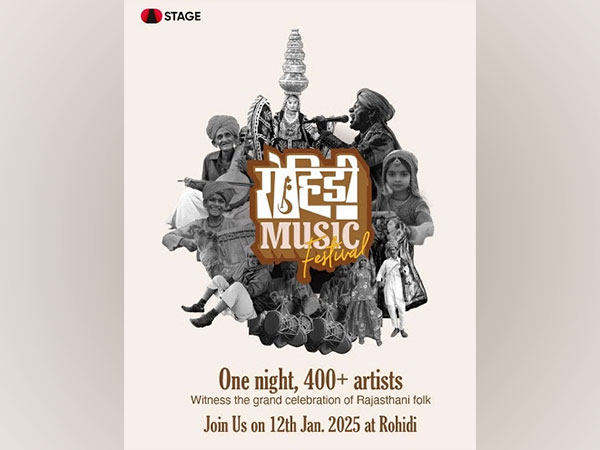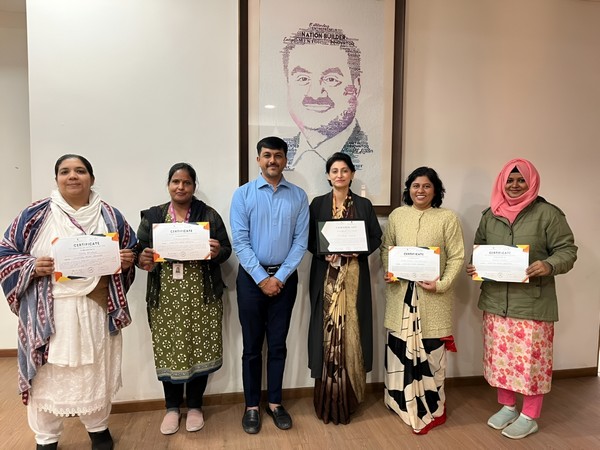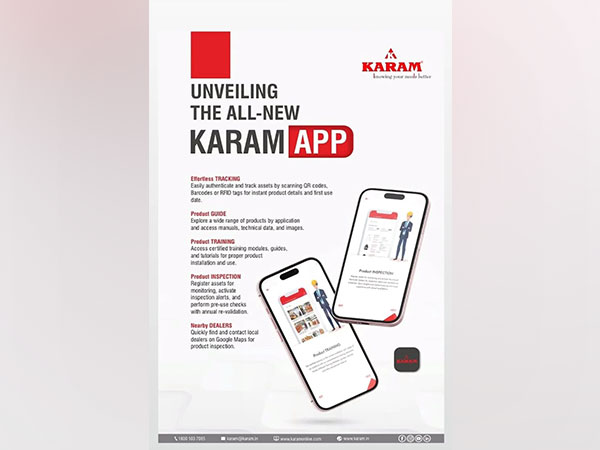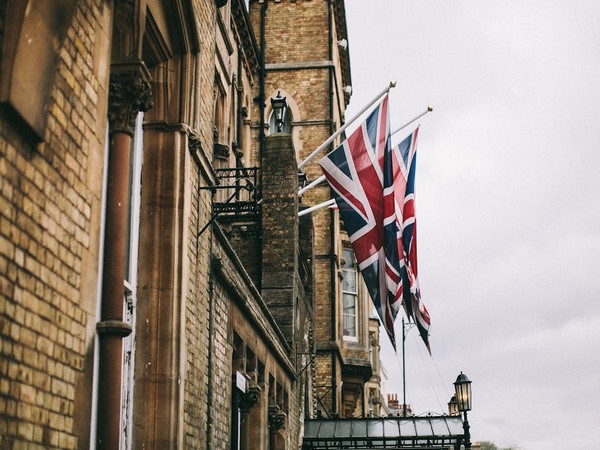
For black Britons, UK riots leave lasting scars
Aug 21, 2024
London [UK], August 21: "Please do not go out until this blows over," Sarah Akinterinwa, messaged a friend on August 7. "I'm going into town tomorrow. Should be okay," came the response. "Alone?" she asked. The messages from Akinterinwa, an illustrator and writer from London, are typical of the concern that spread among Black Britons as racist riots erupted in towns and cities across the country at the start of August.
The violence was ostensibly aimed against Muslims, immigrants and the police after misinformation about a deadly knife attack on young girls spread online. But it morphed into a much wider threat that has left the black community shaken. "My mother lives in Harrow, so I told my brother to make sure she doesn't go anywhere," said Natalie Foster, a software developer who learned that the London suburb was on a list circulating among far-right groups of places to gather next.
The targets were mainly immigration lawyers' offices and immigration centers, but the violence was broader. White rioters attacked hotels housing asylum seekers, mosques and police officers as well as smashing and looting shops on the pretext of false online information that the suspected killer of three young girls was an Islamist migrant. Videos also circulated of white men attacking people of color across the country - including one wielding a hedge trimmer running towards a Muslim couple in a petrol station and a group badly beating a black man in Manchester.
Fears resurface
For Black Britons, the riots reignited memories of racist violence by the far-right during the second half of the 20th century and sparked discussions still ongoing over how to keep each other safe. "The conversation happening in most black and minority households is around how much this has thrown us back to those days when we saw our parents and elders going through this," said Ngozi Fulani, CEO and founder of Sistah Space, a London-based charity supporting Black British, African and Caribbean victims of domestic violence.
Sistah Space boarded up the windows of the African and Caribbean heritage charity shop it hosts in Dalston, East London, and sent staff home after supporters warned them that far-right rioters were headed in their direction. Other shops, offices and medical centers also closed early. Please remain indoors do not come to the surgery - the St Clements Surgery in Birmingham warned patients by text.
By August 5, sweeping arrests and counter-demonstrations by thousands of anti-racist locals and activists had put an end to most of the unrest that began on July 30, but the fear it provoked lingers on. "It feels like we've stepped back into the 1960s," Fulani said.
Olivette Otele, Professor of the Legacies and Memory of Slavery at the School of Oriental and African Studies in London, said what stood out in the riots was that the mainly white instigators were very specific about who they were targeting. "They were attacking immigrants, migrants, asylum seekers, people of African heritage, British Muslims. So, it's very specific," Otele added. "The kind of discourse was about wanting their country back, but people they were attacking were British, so it means that they have a certain outlook on what British looks like." - Reuters
As the riots spread, many Black people took to social media. This allowed them to find out where violence may happen and warn their friends but also exposed them to racist hate and the same disinformation sources that sparked the disorder.
"We see people being attacked, bullied, challenged in ways that in the past we might call microaggressions, but suddenly have become macroaggressions," said Kaushik Mistry, Chief Executive of the Liverpool-based Anthony Walker Foundation, created after the racist killing of the 18-year-old in 2005.
He said the foundation would normally have up to 50 referrals a week, but more than 300 people affected by race and religious hate had approached it in the two weeks from Aug 4-16 and 20 organizations had sought support for their staff. Akinterinwa said something had shifted: "As people of color in the UK, we all know we're not 100% safe, but we can usually expect to have a relatively ordinary day," she said. "But it's the fact that these people came out of the dark and were showing us we were never safe and that it could get worse - it's disturbing. I don't think things will ever be the same after this." - Reuters
Source: Kuwait Times

